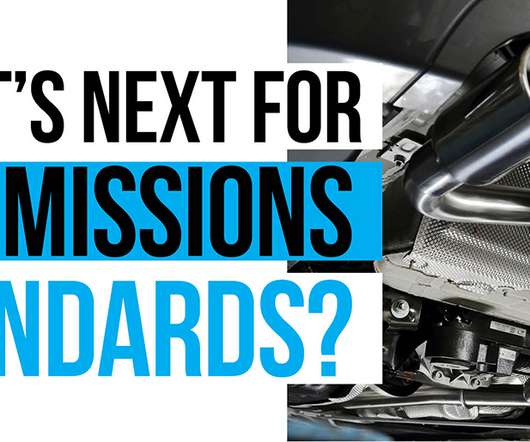Driving Dystopia: More Companies Found Covertly Sharing Driving Data, Raising Insurance Rates
The Truth About Cars
JUNE 12, 2024
With corporate media finally aware of the perils of connected vehicles, we’ve seen a rash of articles exploring how insurance rates have spiked due to automakers sharing user data. The entire business model is predicated upon this, minus the fact that it became a legal requirement to drive in most states by 1970.












Let's personalize your content